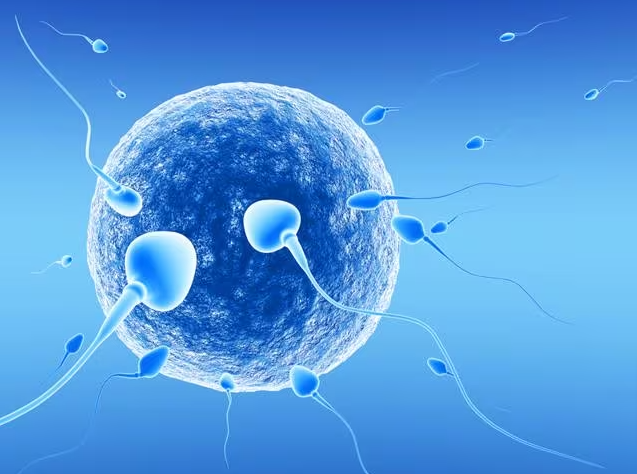
Sperm Health and Rising Infertility
Sperm health has emerged as a global concern, with lifestyle and environmental factors playing significant roles in diminishing fertility rates among men. A recent study reveals that 30% of infertility cases worldwide are attributable to male infertility. Shedding light on this issue, experts delve into the causes, common challenges, and available treatments.
Causes of Declining Sperm Health
Artika Singh, a public health specialist and founder of the Taarini Foundation, underscores the multifaceted nature of factors influencing sperm health. While genetics play a role, lifestyle choices such as substance use, sleep patterns, diet, and exercise exert substantial influence. Furthermore, mental and sexual health interplay in a feedback loop, affecting each other positively or negatively.
Dr. Shashant S, a fertility consultant at Ferty9 Fertility Center, Hyderabad, emphasizes the impact of environmental factors like pesticide exposure, industrial chemicals, and radiation on sperm quality. Additionally, heat sensitivity poses a threat, with prolonged exposure to elevated temperatures impeding sperm production. Dr. Nandita Palshetkar, director of Bloom IVF India, highlights the adverse effects of heat-induced therapies like steam and sauna on sperm count.
Medical conditions such as hormonal imbalances, varicose veins in the testicles, diabetes, and thyroid dysfunction further compound the issue, disrupting optimal sperm production.
Common Issues Affecting Sperm Health
Experts identify several common challenges faced by male patients:
Lower Sperm Count:
Diminished sperm concentrations, known as oligospermia, significantly impact fertility and overall health.
Poor Sperm Motility:
Asthenospermia, characterized by inadequate sperm movement, reduces the likelihood of successful fertilization.
Abnormal Sperm Morphology:
The presence of abnormally shaped sperm hinders their ability to fertilize eggs.
Varicocele:
Enlarged veins in the scrotum elevate testicular temperatures, adversely affecting sperm production.
Erectile Dysfunction:
While not directly a sperm issue, impotence can hinder sexual activity and reproductive goals.

Treatments and Solutions
Addressing sperm health requires a holistic approach encompassing lifestyle modifications and medical interventions. Singh emphasizes the importance of lifestyle changes such as quitting smoking, regular exercise, and mindfulness practices. Mental well-being plays a crucial role, with stress management techniques like meditation and yoga proving beneficial.
Medical interventions include medications, hormone therapies, and surgical procedures for conditions like low sperm count, motility issues, and varicocele. However, accurate diagnosis is paramount for devising effective treatment plans.
Singh advocates for specialized diagnosis and treatment facilities to enhance recovery rates. Overcoming the stigma surrounding male infertility and treating it as a medical condition is vital for combating this growing issue.
In conclusion, lifestyle choices, environmental factors, and underlying medical conditions significantly impact sperm health, contributing to rising infertility rates globally. By addressing these factors through lifestyle modifications and specialized medical interventions, individuals can improve sperm health and enhance fertility outcomes.
Crime Today News | Health, Wellness & Fitness
Powered by Yes Mom Hosting






